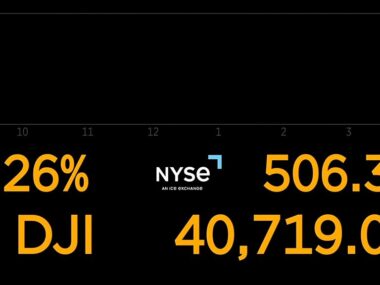Commodity prices would see a rapid decline if the violence intensified, according to the analysis.
The World Bank issued a warning on Monday, citing the possibility of “dual shock” if the recent Middle East conflict intensifies and causes additional disruptions to the Russian war on Ukraine.
This would force the world’s commodities markets into “uncharted waters,” according to the bank’s most recent Commodities Markets Outlook study.
The bank predicted that when the world economy slows, oil prices will average $90 per barrel in the last quarter of this year and drop to $81 per barrel the next year.
According to the research, overall commodity prices were expected to decline by 4.1% in 2025 and then stabilize.
The bank stated that although worldwide oil prices have increased by about 6% since the start of the violence on October 7, the Palestine-Israel conflict has had little effect on the world’s commodity markets thus far.
If the war got worse, the future of commodities prices would not look good, the research said.
Chief economist at the World Bank and senior vice president for Development Economics Indermit Gill urged decision-makers to be aware of the disruptive consequences of the unrest.
“If the conflict were to escalate, the global economy would face a dual energy shock for the first time in decades – not just from the war in Ukraine but also from the Middle East,” Gill stated.
The director of the Prospects Group and deputy chief economist at the World Bank, Ayhan Kose, issued a warning that rising oil costs will result in increased food prices.
Over 700 million people, or almost a tenth of the world’s population, were undernourished by the end of 2022. Food insecurity would worsen globally as well as in the region if the current conflict escalates, Kose continued.











